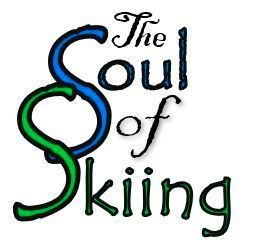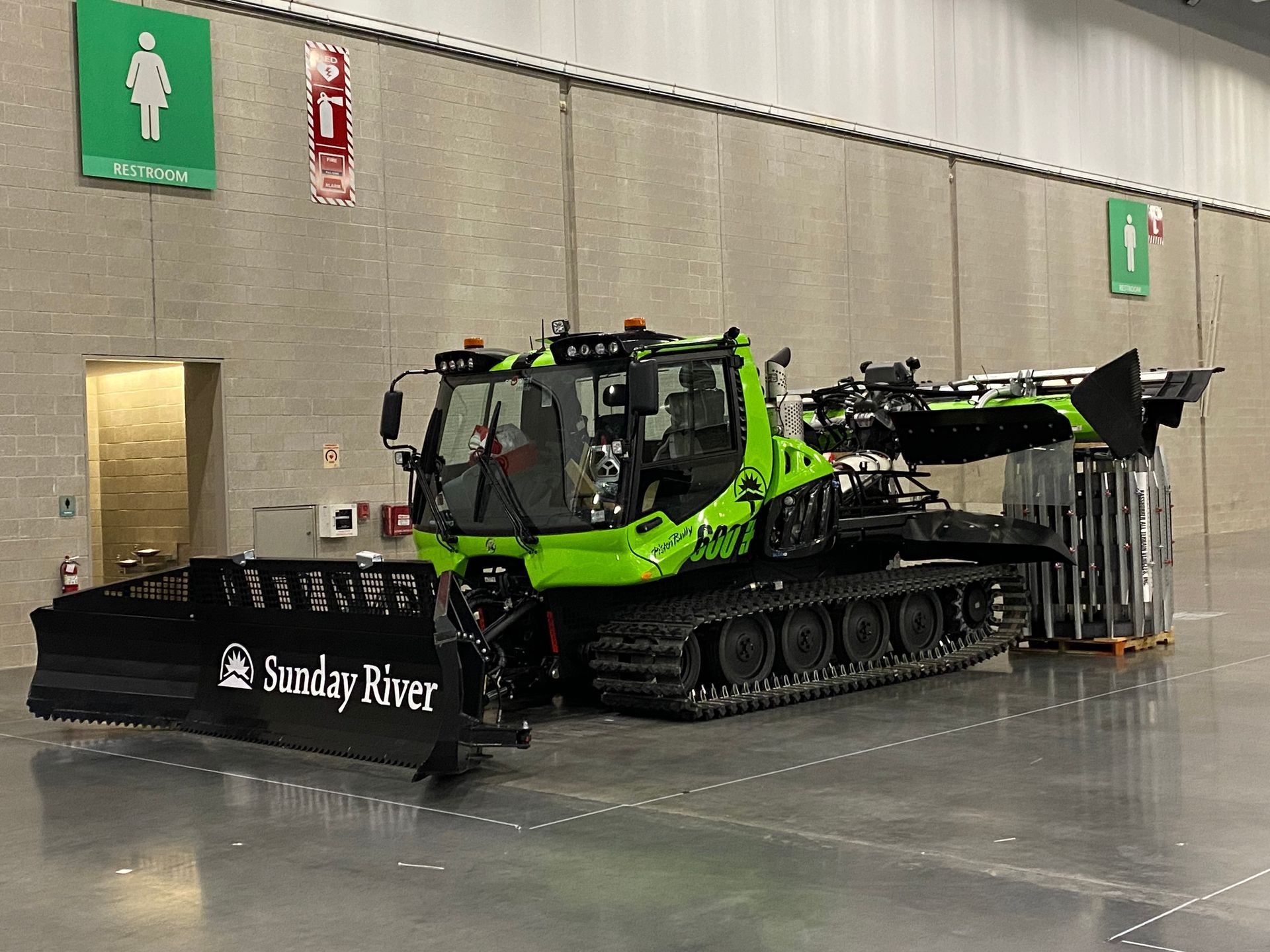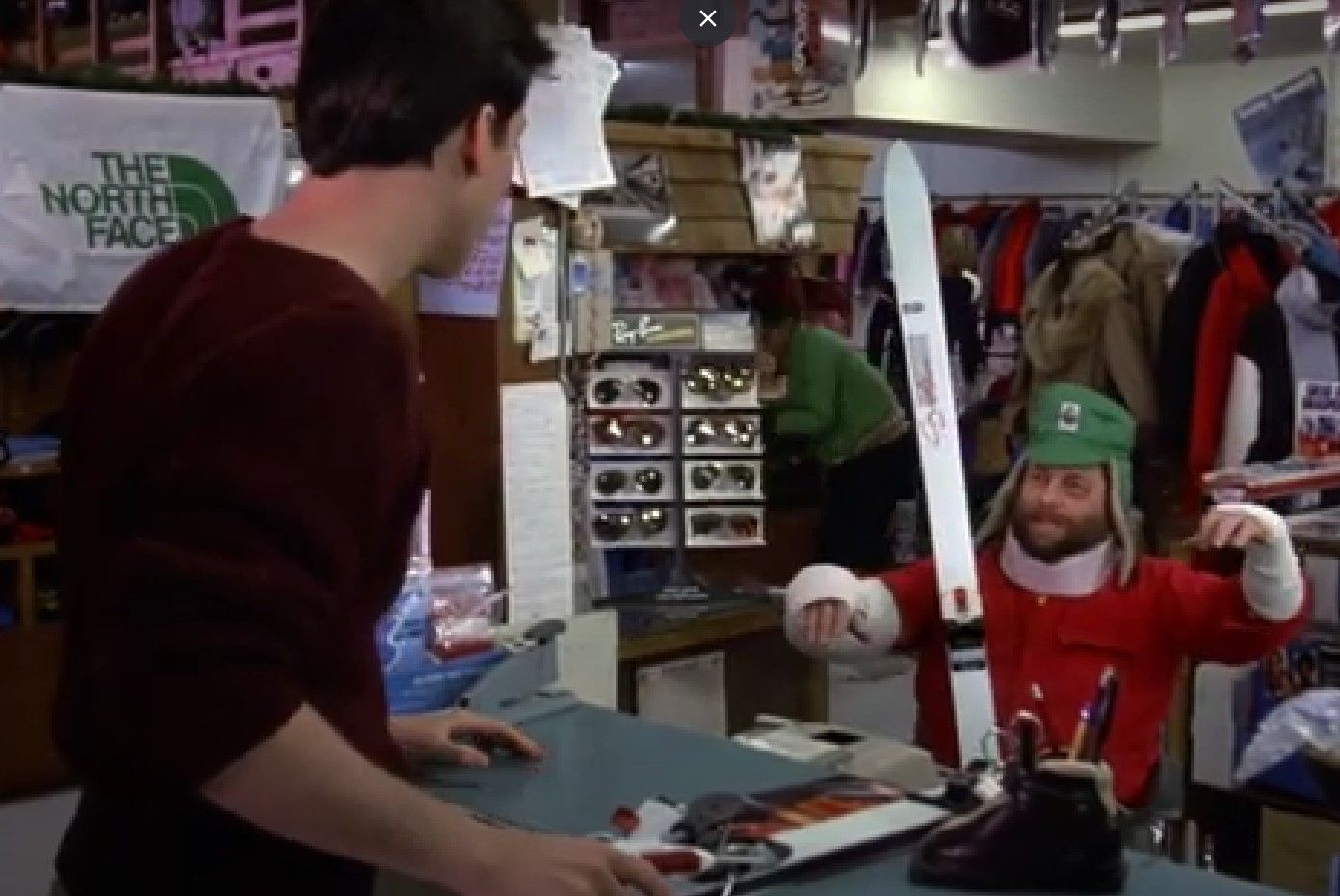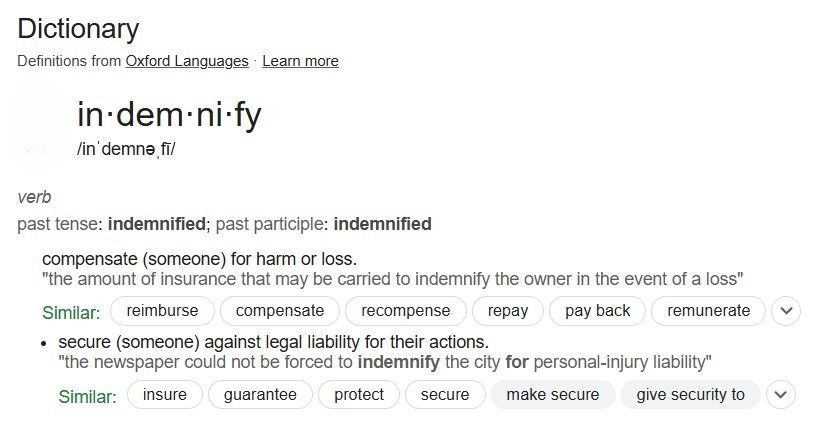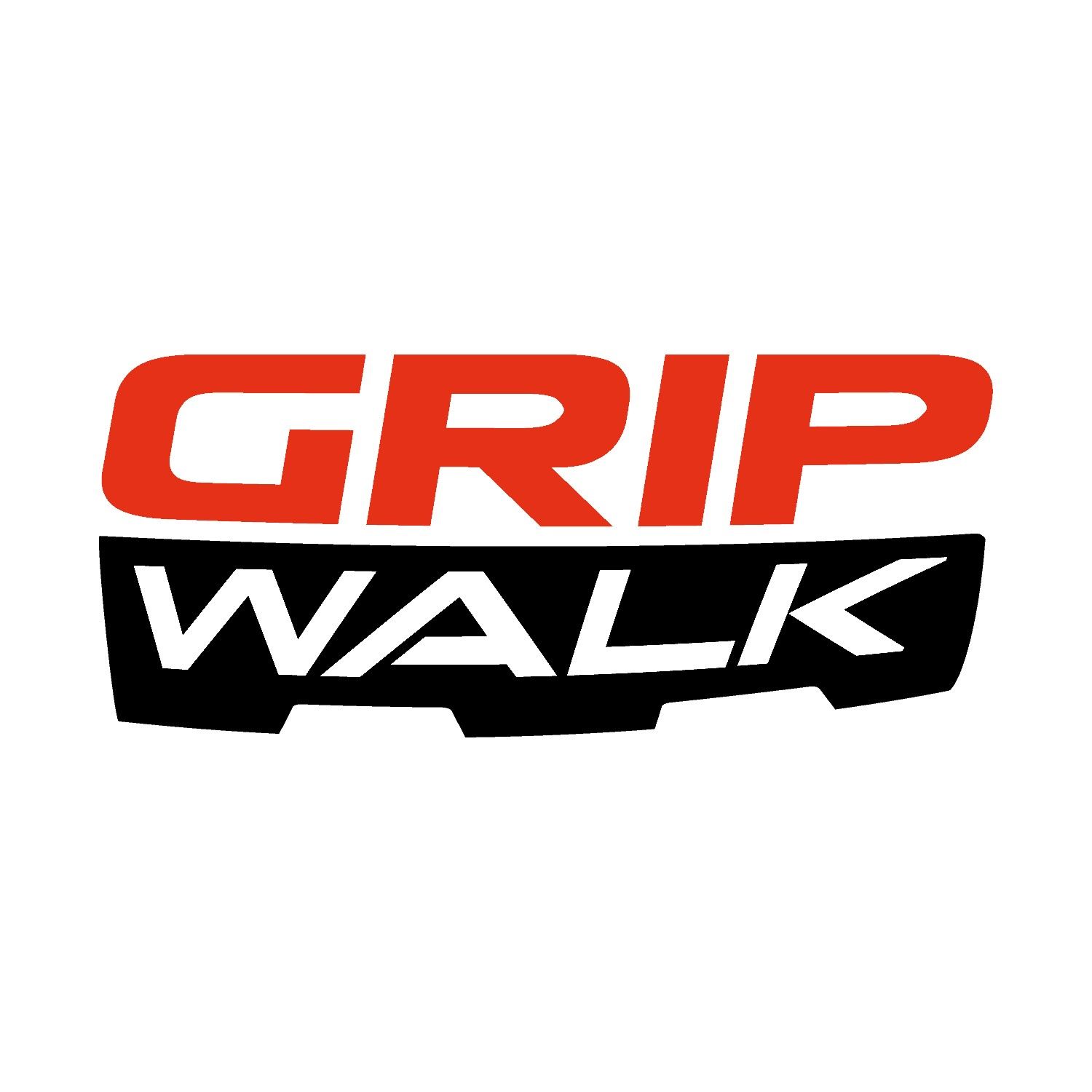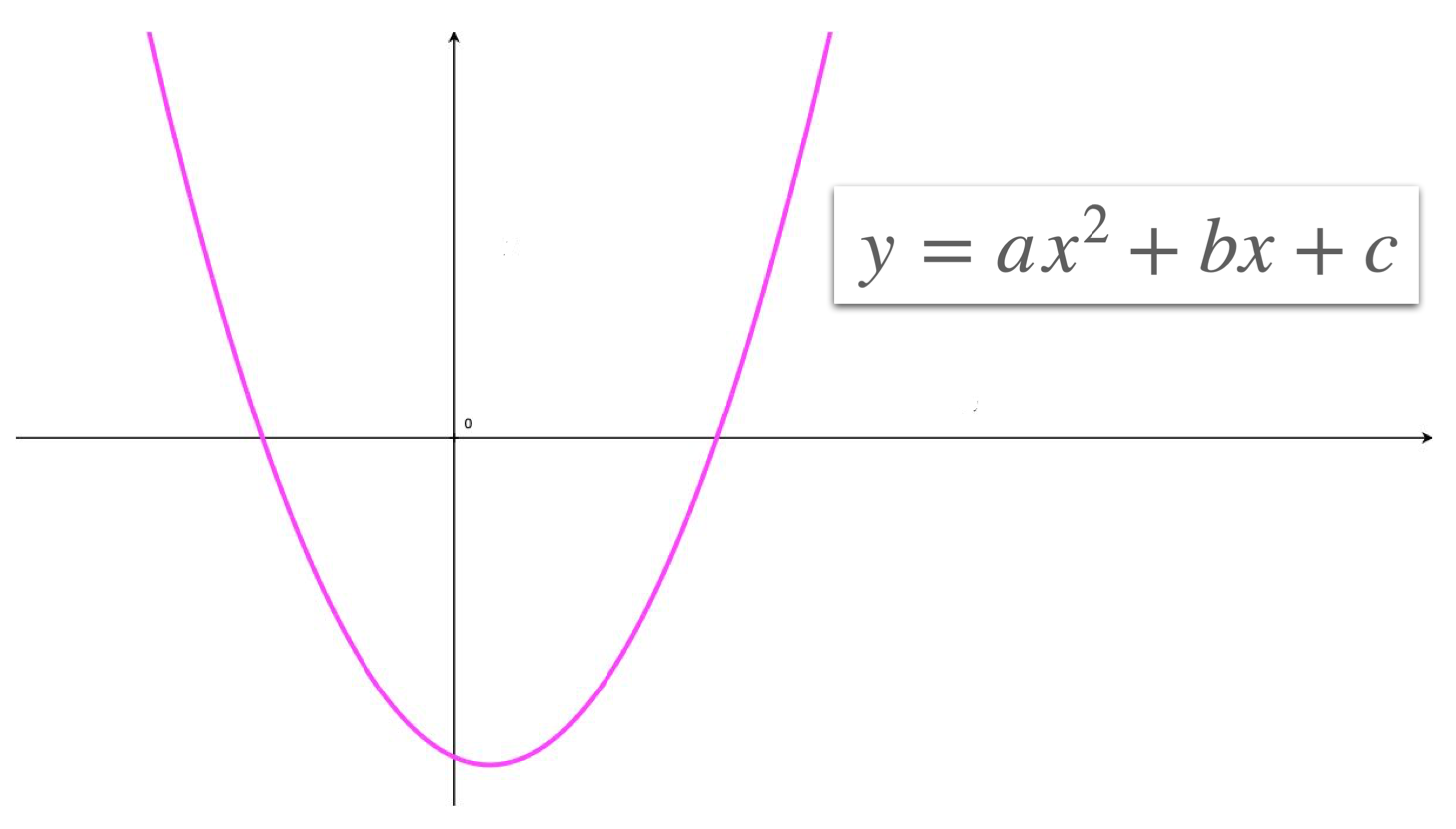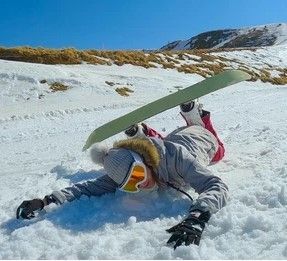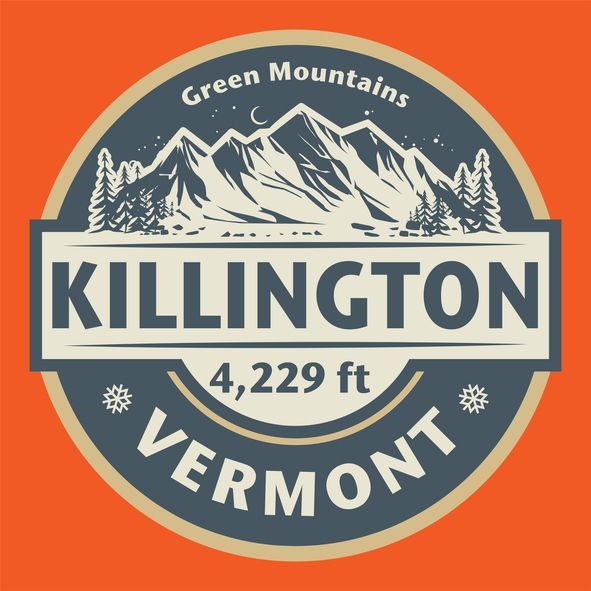Stay Out of My Line! (part 3: "It's the Snowboarders Fault")
According to polls taken from multiple skier blogs and posts, snowboarders are always to blame.
...for everything.
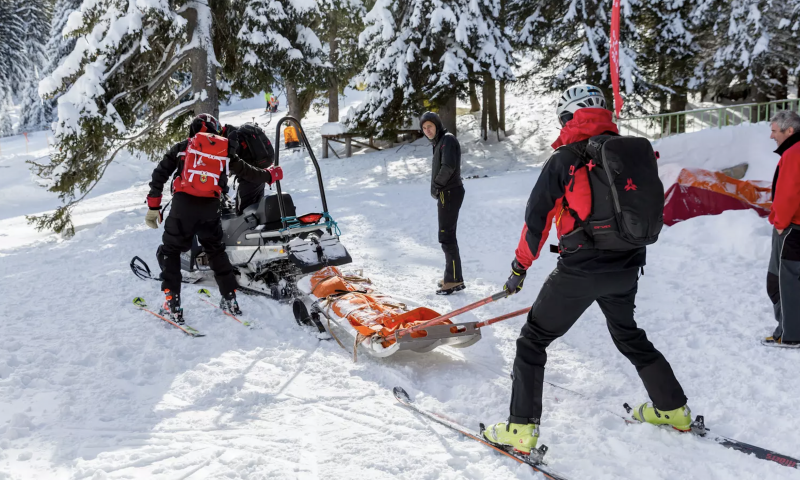
If you read a lot of ski blogs, the inside joke is that accidents are always the fault of a snowboarder, even it there are no snowboarders around... but who's fault is it, really?
If you read a lot of Instagram or FaceBook posts, you will see a pattern in discussions around collisions and who's fault it was-
The running joke is that it's always the snowboarders fault.
The perception being that most of the accidents we hear about, involve snowboarders.
Snowboarders, of course, maintain that just as many skiers cause accidents as snowboarders
Which is really true?
Studies have been conducted over the years, with the most revealing study taking place over a 13 year period.
Articles speaking to this, by ScienceDIrect, The NIH, injuryjournal.com, and multiple law firms, can be found all over the internet.
All of these agree that the majority of the snowboarding population is younger and male, and are less likely to be injured than a skier.
Snowboarders were more frequently wearing helmets and involved in a hit and run accident- with head injuries being the most common injury-
90% of those injured were males under 30 on intermediate slopes.
The rate of fatality is about .69 per one million participants (this roughly comes out to 31 people per year)-
As for who is more likely to be responsible (skiers or snowboarders), that remains unclear. The only numbers I can quote are that the injury rate for skiing is 2.5 per 1,000 skier visits, while the injury rate for snowboarding is 3.9 per 1,000 visits.
SOURCES:
The National Institute for Health:
So, depending upon who you talk to, it's always the other guy's fault. I've discussed this ad nauseum with people form all walks of life, and various parts of the world.
Interestingly enough, amongst my discussions with ski patrollers, the following point was raised to me:
A person's blind spot is behind them.
A snowboarders blind spot is different than that of a skier, as it pertains to the position of their body while engaging in their sport.
"Behind" for a skier is uphill, and it's "impossible" for a skier to look directly behind them while skiing down the fall line.
"Behind" for a snowboarder is to their heel side. Ironically, they can look uphill with a glance over their shoulder.
That fact alone makes it harder for the snowboarder to win the argument, even if the skier was in their blind spot and they turned into them.
That adds fodder for debate.
Pressing them further, and asking, "Who's really at fault in an accident", there's a common theme; the prevailing opinion is that you must obey The Skiers Responsibility Code as that's the blueprint for every ski resort in The USA, and is the roadmap for pulling people's passes after collisions.
According to the NSAA (The National Ski Areas Association)
-Good lord, there's an association for everything-
The skiers responsibility code is:
- Always stay in control. You must be able to stop or avoid people or objects.
- People ahead or downhill of you have the right-of-way. You must avoid them.
- Stop only where you are visible from above and do not restrict traffic.
- Look uphill and avoid others before starting downhill or entering a trail.
- You must prevent runaway equipment.
- Read and obey all signs, warnings, and hazard markings.
- Keep off closed trails and out of closed areas.
- You must know how and be able to load, ride and unload lifts safely. If you need assistance, ask the lift attendant.
- Do not use lifts or terrain when impaired by alcohol or drugs.
- If you are involved in a collision or incident, share your contact information with each other and a ski area employee.
(https://www.nsaa.org/NSAA/Safety/Your_Responsibility_Code.aspx)
Given the above, people involved in collisions tend to claim, most often:
- They were in control.
- Someone cut them off after not looking uphill while entering a trail or crossing a trail.
- Someone stopped in front of them and they didn't have time to avoid them.
-All three being attempts to deny fault.
Well, of course,... no one wants to take the blame for an injury or damage to equipment, either of which they may have to pay for, in one way or another.
Those patrollers all agreed that the most common excuses were:
"I was not skiing too fast because I was in control."
"They came into my line."
"They stopped right in front of me".
They also say that the person below them on the trail never looked up when entering the trail or skiing across it.
Ok, that last one is a valid argument- to a point. But it's usually not enough to keep you from having your pass pulled.
The others, not so much, and here's why-
Firstly, there's no such thing as a lane or line. The consensus being that response is ridiculous. One said (to the nods and agreement of the others) It's self-serving, and downright childish. No one owns any particular "line" of travel, and you can't define what that is. That one also got a bit of a snicker and a sneer from the patrollers.
Their overall opinion was that there's no more lame shirking of responsibility than claiming you were in control when you you hit someone, thereby making it the other person's fault.
Ok- don't get bent out of shape yet- There's logic (or precedent) to that, and I'll explain why in a minute.
Next, "They stopped right in front of me!"
The response; "Why were you following so closely that you couldn't stop or turn to avoid them? If you're in a car accident, you get a ticket for too much speed, following too closely, or both. How is that different from following too closely when skiing?
Why were you approaching them so fast that you couldn't avoid them?"
Their rationale is that people stop, fall, have people fall in front of them, turn to avoid an obstacle, or catch an edge, all the time. You are responsible to NOT hit people in front of you- They don't have eyes in the back of their heads, but you have eyes facing in your direction of travel.
It's common sense.
You may very well have your pass pulled for that too.
They also mentioned that if you hit someone, you may also be subject to the laws of the state you are skiing in.
That one brought a moment of silence from the group.
The discussion did not stop there- Making the argument that, "It's common sense to not stop in the middle of a trail" may be reasonable in your mind, and it may be common sense in some situations with all things being equal, but it's nowhere near as common sensical to ski in such a way that you can avoid people and things in front of you. People have the right to stop anywhere- skiers can't dictate how other skiers ski.
"They came out of nowhere and entered the trail without looking uphill".
The response; was straightforward; "You'd better have witnesses or that one wont fly- you have to be able to prove it."
Here's the big one-
"I was in control the whole time".
THIS one, is by far, the most revealing response of all because the situation was black and white to them.
As it was explained to me, control is not determined by how comfortable you felt at the speed you were travelling, or how much "in balance" you were, or how you couldn't avoid them because they turned right in front of you.
To the people making the decision about pulling your pass, how you felt is not relevant, what IS relevant is.:
Control is determined by that fact that you did, or did not, hit someone.
So, control is determined AFTER THE FACT.
If you hit someone, for any reason, you WERE NOT in control. According the them, that's true in every situation, to some degree or other, even if some level of blame can be doled upon the other person. They went on to say it doesn't matter whether that loss of control is due to your own skiing, or if something else caused you to lose control.
The logic being you are responsible for yourself, therefore, if you hit someone, you're responsible.
Once you make contact with someone, the precedents are, for the most part, that you were moving too fast, following too closely, skiing inappropriately for conditions and/or the place the collision occurred, impaired, or not paying attention (practicing due diligence).
So, for example, if a sign says "SLOW", you need to slow down and merge safely into traffic, not ski through it.
Also, It doesn't matter how good or experienced of a skier you are vs. the other skier. "It's your responsibility to adhere to rule number 1- that's why it's at the top of the list. Every skier has just as much right as another to ski any open trail. Your "right to ski" somewhere is not determined by your ability."
After doing more research, I found that in many cases where it's possible to consider "shared responsibility" when two skiers collide, that doesn't necessarily lessen your responsibility if you hit someone.
Here's an example: It's quite possible, that if you hit someone and that causes no injury but $200.00 of damage to their equipment, that doesn't lessen your responsibility- even they have some responsibility for the impact and/or some damage was done to your equipment, UNLESS a court says so. In other words, in some cases, responsibility isn't shared, it's separate to the individual(s) and/or group(s).
By this example, the amount of responsibility may be determined by the total damage you did,. So, you would still be responsible for, using the example above, $200.00, even if you don't end up paying $200.00. Further, while they would owe you for whatever damage they were responsible for, and the net difference ends up being what's actually paid, your responsibility remains the amount of $200, unless the court decides otherwise.
That is important because it could apply to a law where a certain dollar amount of damage results in different levels of charges (say, misdemeanor vs. felony and/or some other legal/civil charge).
A police officer told me that if the collision is determined to be a felony because of the circumstances, or the dollar amount, no amount of damage by the other person lessons the crime you may or may not have committed.
Obviously, laws vary by state. That said, it should bring you pause when you consider that there may be more involved than simply having your pass pulled.
Further, if you are in a collision with another skier, most states require that you exchange information with them. If you leave the scene of an accident on the hill, there are also laws around your responsibilities therein.
So, who's fault was it?
I don't know... I'm not a lawyer/judge/jury/witness/legal counsel/college professor/or any other kind of expert on it. Don't ski recklessly. You, certainly, don't want a court to determine that you were "reckless".
Please don't hit me and mine.
Ski smart, stay in control, and have fun!
What are your thoughts on the skiers responsibility code/collisions on the hill?
DISCLAIMER: I'm not a lawyer.
Nothing in this post is legal advice, or binding law.
It's just a post about some conversations.
Don't get your panties in a bunch.
OVERVIEW
CONTACT
E-mail: soulofskiing@gmail.com
